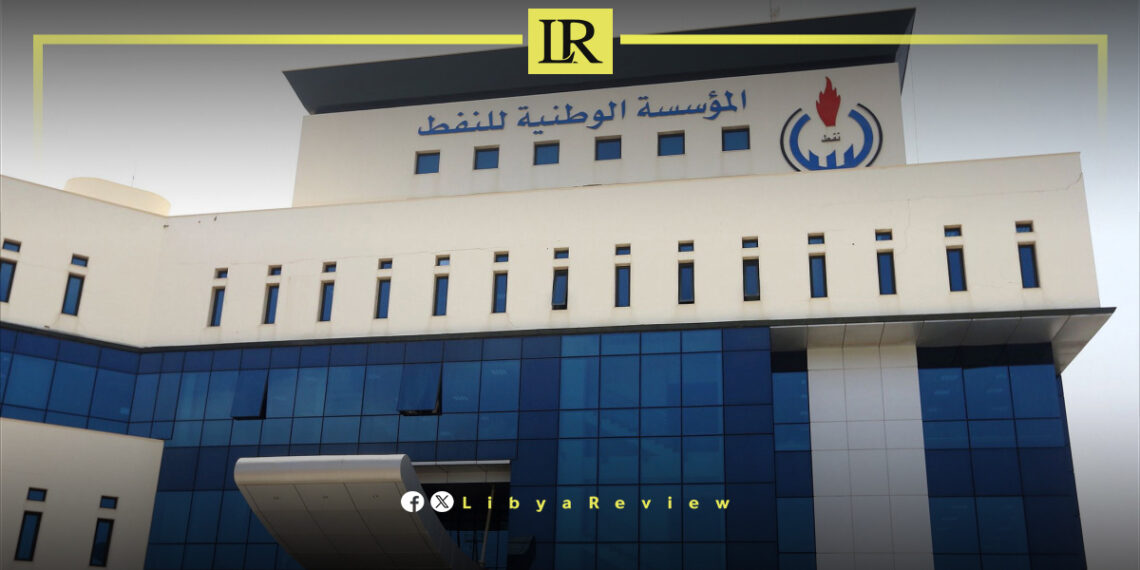Reuters, citing four informed trade sources, reported that Libya’s National Oil Corporation (NOC) declared a force majeure late last week on the loading of several crude oil shipments at the Sidra oil port.
The sources confirmed that production remains disrupted due to a political conflict surrounding the leadership of the Central Bank of Libya, the sole legal entity responsible for managing the country’s oil revenues.
According to Reuters, the NOC has not imposed a blanket force majeure on all loading operations at the port, which would have halted all shipments.
It remains unclear how many shipments have been affected, but one of the sources, whose shipment was canceled, stated that several shipments have been impacted. The source added, “It’s not a complete shutdown; some shipments will still be loaded.”
This development further complicates Libya’s oil exports amid ongoing political instability, affecting global oil markets.
Libya has been in chaos since a NATO-backed uprising toppled longtime leader Muammar Gaddafi in 2011. The county has for years been split between rival administrations.
Libya’s economy, heavily reliant on oil, has suffered due to the ongoing conflict. The instability has led to fluctuations in oil production and prices, impacting the global oil market and Libya’s economy.
The conflict has led to a significant humanitarian crisis in Libya, with thousands of people killed, and many more displaced. Migrants and refugees using Libya as a transit point to Europe have also faced dire conditions.
The planned elections for December 2021 were delayed due to disagreements over election laws and the eligibility of certain candidates. This delay has raised concerns about the feasibility of a peaceful political transition.
Despite the ceasefire, security remains a significant concern with sporadic fighting and the presence of mercenaries and foreign fighters. The unification of the military and the removal of foreign forces are crucial challenges.


